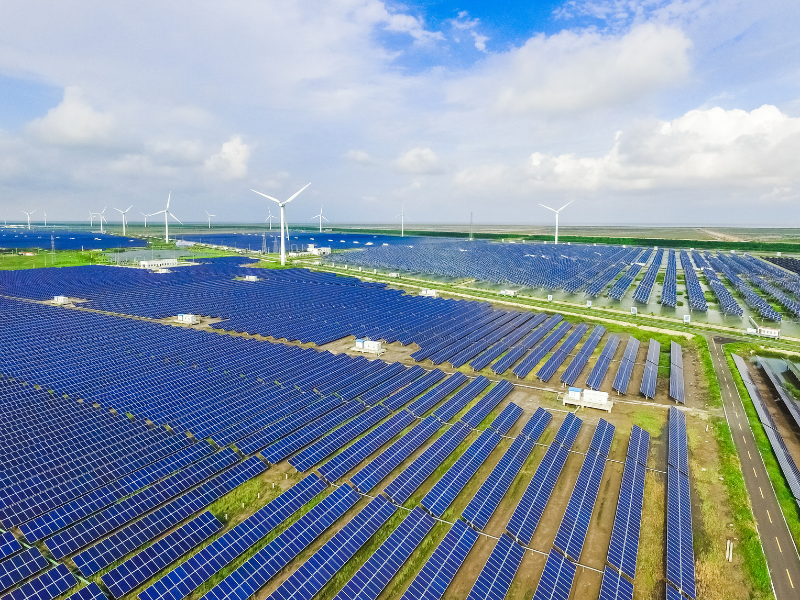Vale reaches 100% renewable energy consumption target in Brazil two years ahead of schedule


The information is highlighted in the 2023 edition of the Integrated Report, which includes more environmental, social and diversity advances made by the company.
Having reached the target, Vale has zeroed its indirect CO2 emissions in Brazil, which correspond to scope 2. The company still has the challenge of achieving 100% renewable energy consumption in its global operations by 2030. At the moment, this indicator stands at 88.5%.
The start-up of the Sol do Cerrado solar complex in November 2022 was key to achieving the target two years ahead of schedule. Located in the state of Minas Gerais, Brazil, the solar complex represented an investment of US$ 590 million by Vale. It is one of the largest solar energy parks in Latin America, with an installed capacity of 766 Megawatts-peak, equivalent to the consumption of a city of 800,000 inhabitants. In July 2023, the complex reached its maximum capacity. It has the potential of contributing to around 16% of all the electricity consumed by Vale in Brazil.
In its global operations, Vale is also moving towards 100% renewable energy consumption by 2030. The company invests in joint venture partnerships, renewable generation certificates in contracts (PPAs) and innovation initiatives for better efficiency in the use of batteries.
Scope 1: alternative fuels and biocarbon
Vale is also working to reduce its direct Scope 1 emissions. In the mines and railroads, where diesel (a fossil fuel) is currently intensively consumed, the company is studying the adoption of alternative fuels, such as ethanol for trucks and green ammonia for locomotives. In the pelletizing furnaces, the strategy is to replace anthracite, a type of mineral coal, with zero-emission biocarbon, made from the carbonization of biomass.
Last year, Vale signed an agreement with Wabtec for the supply of three electric locomotives and the start of studies into the development of a green ammonia-powered locomotive engine. The company also produced pellets with 100% biocarbon for the first time in an industrial test.
Via Vale